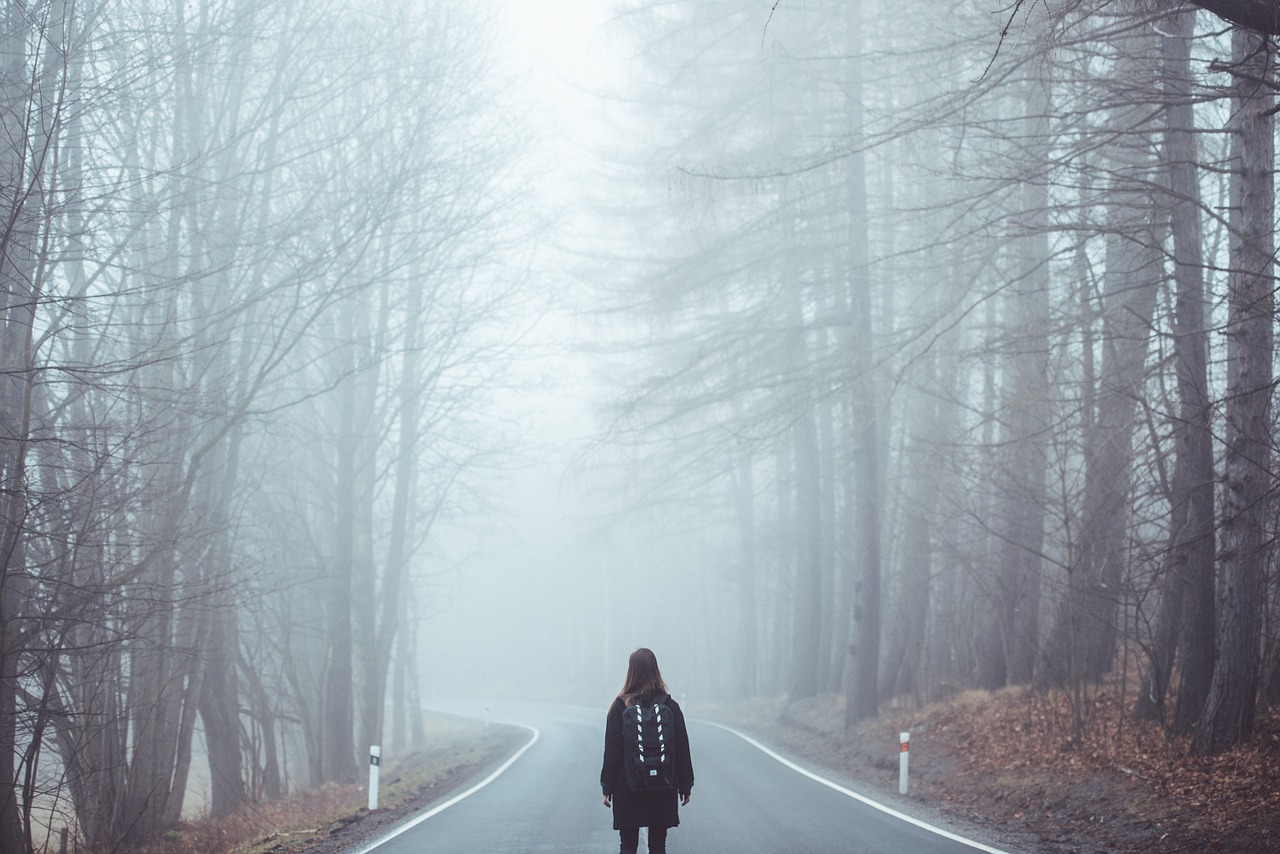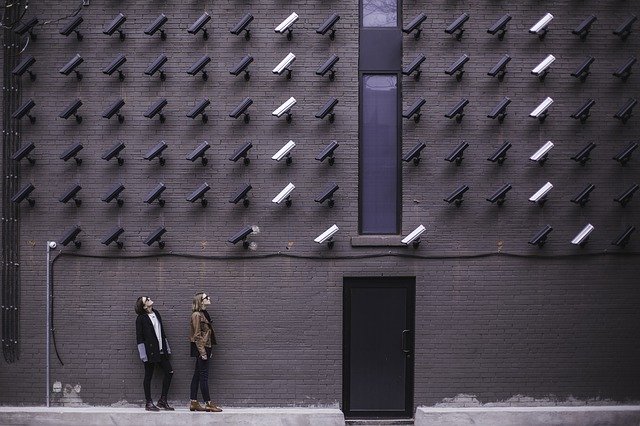My parents tended to be late adopters, so when everyone else was on the newest technology, I was a generation or two behind. When DVDs came out, I got a VHS player (finally). When MP3 players came out, I got a Walkman. I never really got the appeal of a lot of the “internet stuff” like MySpace because it took literally minutes to access with the 28.8K dialup we had in the age of cable.
When Facebook first became available at my school, I had absolutely no idea what it was or what to expect. From what people described, I thought it was something like a MySpace knockoff or a school specific forum; I honestly wasn’t sure, and neither were the people telling me about it. Facebook started blowing up everywhere and that was my first real encounter with social media.
Just like everyone else in my class, I was hooked. It was an always open window into the life of your friends and peers. You could interact with new people, keep in touch with friends easily, and all sorts of other things which you couldn’t do as easily with MySpace. Everyone had it within a few months.
No one thought of the privacy implications at first, they just kept putting more and more information on it. Facebook didn’t really trip any alarms for anyone but the tinfoil hat types until they changed their terms of service. I quickly pulled my account when that happened, and I learned all to well what happened when you aren’t a click away from everyone else.
I became a ghost…
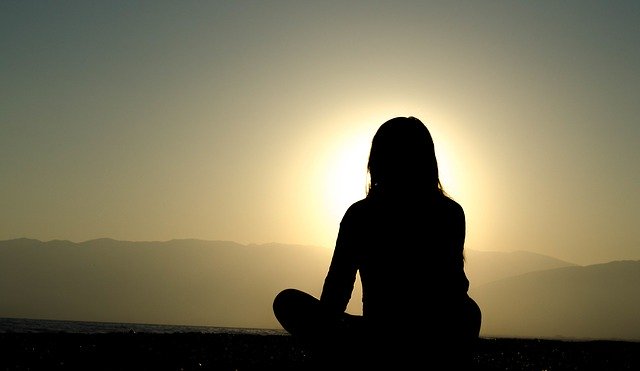
It didn’t all happen at once. In the beginning, my acquaintances slowly dropped off, but we weren’t really all that close anyway. The disappearing act crept slowly into my social circle, starting from the outside and working its way in. My more distant friends began to forget me when sending out invites because I wasn’t on an easy to access list. They might remember to tell someone to remind me, especially in the beginning, but even that dropped off.
Within a few months, I was socially dead to basically everyone except my closest friends at the time. Even that began to become strained as time went on. They forgot birthdays and invitations, especially anything involving any kind of large social gathering.
It became a war of attrition for friendships in general. I could not interact like other friends could. I required special accommodation if they wanted to invite me somewhere. The social pressure reached the point it was easier to just not include me. I was basically dead to them, a distant memory.
I had made peace with the fact this might happen eventually, I just never expected it to happen at the pace it did. In months, I became a ghost. I would be among people and have no idea what they were talking about as it was all discussed online. I drifted out of the discussions because I had missed out.
Social media had infiltrated the very core of social interactions for everyone my age. I gave up on all (personal) social media due to privacy concerns, the hollow nature of the interactions, and to focus on the quality of the relationships I had.
Social Media and Privacy
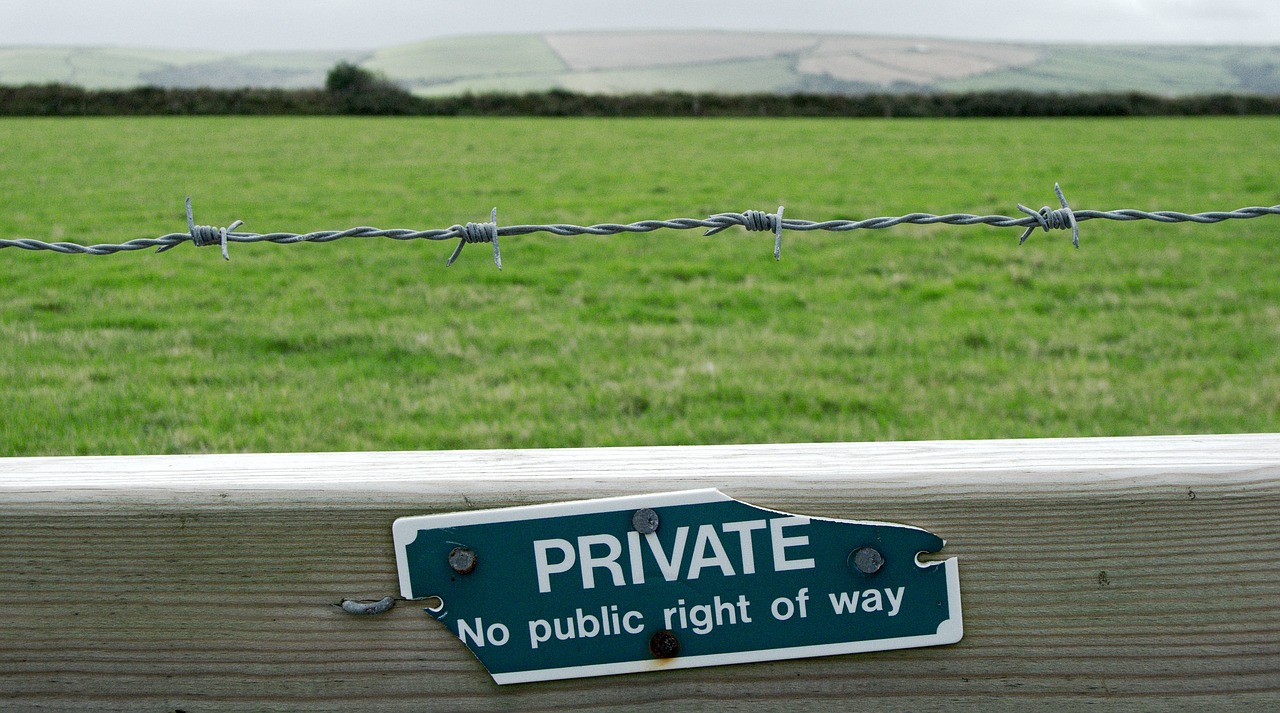
Privacy was the spark and the final catalyst which pushed me away from social media entirely. A putrid mix of feelings had been brewing for some time from the other factors, but seeing a friend have a job offer rescinded from something on social media, another stalked, and the weird leakage of perceived control over one’s data pushed me past my limits. I had to disconnect.
The Wrong Place at the Wrong Time
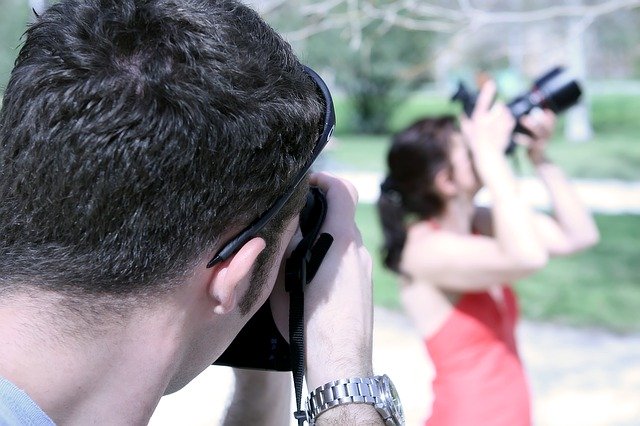
The shadowy feeling of being watched from afar as data and metadata is traded behind your back to shape how you’re advertised to didn’t really phase most people as much as the loss of privacy to strangers who could bump into and impact you in the real world. A friend went to a party where someone they didn’t know took a picture of themselves doing some kind of drug with the friend in the background. They ended up losing their potential job over it.
Another friend was stalked by information gleaned off of social media. You may argue they put their information there, and to be fair they did, but no one expects to be stalked off of someone piecing your life together from media made for friends. There are privacy controls and similar, but most people don’t understand the ramifications of using them or not. There’s also an expectation of joining in and sharing more data with each extra field to define you and set you apart from others which tugs at the old dopamine switch.
Digital Privacy
Social media is the principle agent which launched the socially enforced erosion of digital privacy, especially due to things like metadata. You rarely had to tie your identity to any kind of account before social media. Tying the real world to the internet was the entire point of social media. People were more than eager for the convenience and didn’t expect that every message, every picture browsed, and every single click were constantly being monitored and mined for a more complete profile of them.
Metadata is data which is data about how data is used. Where you click, how long you look at something, where your photo was taken, GPS coordinates, etc. can all constitute metadata. Even abstracted further and “anonymized”, it can still be used to reconstruct a massive trove of data with a little bit of extra data. An innocent picture is now documentation of where you were and when.
These companies caught people acting truly natural online; it was a marketer’s dream come true. The scope of what was collected crept, and each platform pushed for more tendrils deeper into the internet. They manipulate the news to push metrics. They catalog your every single move and moment to mine data. These are companies, subject to the government’s inquiries collecting a treasure trove of data about you should you sign up. They take every drop of information you give them, and all of it can come back against you trivially. Even if you’ve done nothing wrong and even if the government won’t do anything wrong with the data, you still give the patterns and fabric of your life away which can make crimes easier to target.
Hollow Facade
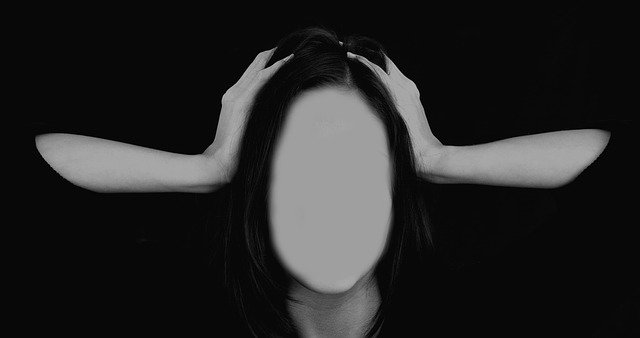
Social media can cause loneliness. I know it did for me. Social media left me feeling like each interaction was hollow. Posts became a contest for attention. People tried to fake a life they didn’t have. No one did in the beginning really, but that was just because it hasn’t yet become the primary way people interacted.
Social media caused people to put up a facade grander than they would normally. Everything is fine and happy all the time, or over the top melodramatic. Polarization was easy as the emotion was lost in text and the text lost in the sheer volume.
Platforms like Twitter have become like walking into a room and everyone trying to shout over everyone else. No one is even really there to listen except smaller enclaves carved out from the marketing drones. Other platforms are quickly being utilized the same way. What was born as a platform for social interaction became a billboard.
Quality Over Quantity
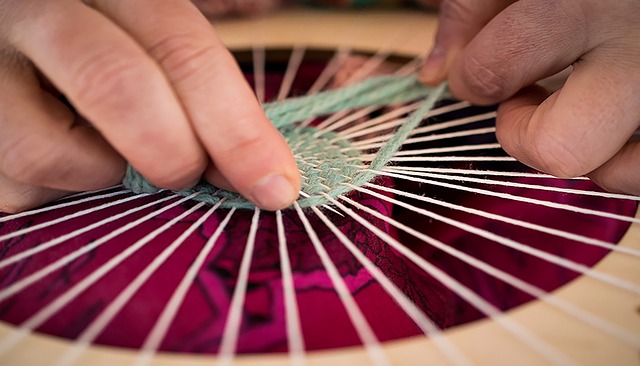
Even though I wrote an article much to the opposite effect for other things in life, social relationships are all about the quality over quantity for me. I valued the real relationships rather than keeping up with the Jones’s for some imaginary metric to go up.
The quality was hollow so I walked away. I dropped the facade as much as possible and focused on the people closest to me. Even though most people drifted away, the people closest stayed in my life. Some faded away over time, others didn’t. It was no longer from social media though, even though that did put some strain back into the equation.
Fading Away

The day I deleted my Facebook was the day my old social life was condemned. Along with it, went my data slowly. The old data may still be sitting in an NSA data center, but new information is basically nonexistent. I am near invisible to people now. I’m not tagged in photos, because I don’t exist in a space where they matter. My personal information and more recent changes aren’t leaked by a bad privacy setting anywhere in my immediate circle. All that is left is the ghost of my presence in the data.
The data which can get found gets more and more obsolete as each day goes by unless I have pushed it. You can’t be too invisible or it is suspicious. We live in an era where it’s a social norm to google someone (and Google is so normal it’s a plain verb now). I sacrificed my old life for privacy and better relationships. Social media can be a powerful tool, but it can be a Faustian bargain of a crutch.
If you’re on the fence about why you care about social media, throw it all out. You don’t have to give everything up, but you should cut down what can be seen or used. The more you tie your life to a given social platform, the more they can collect. Take control of your data and your privacy.
Featured image by Free-Photos from Pixabay
